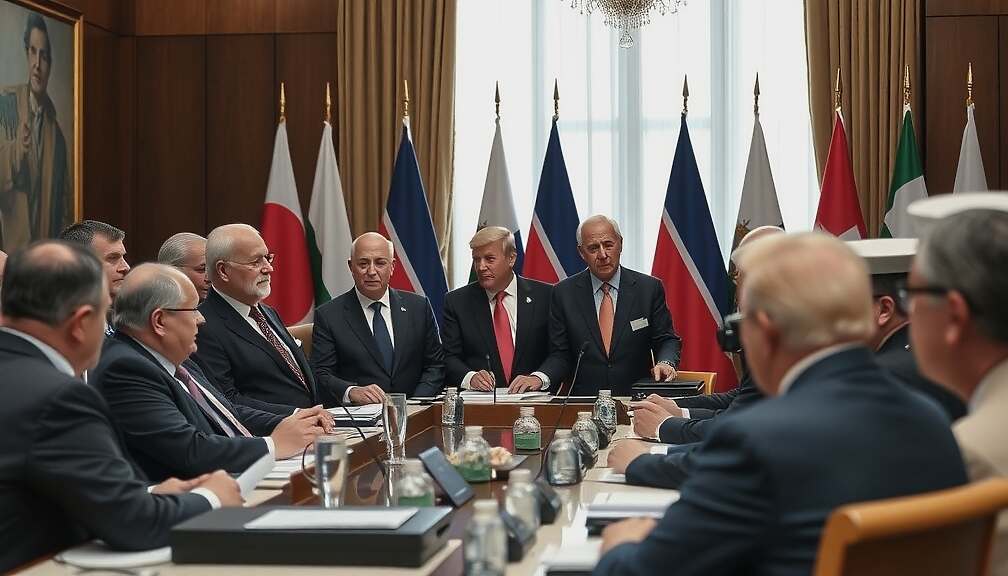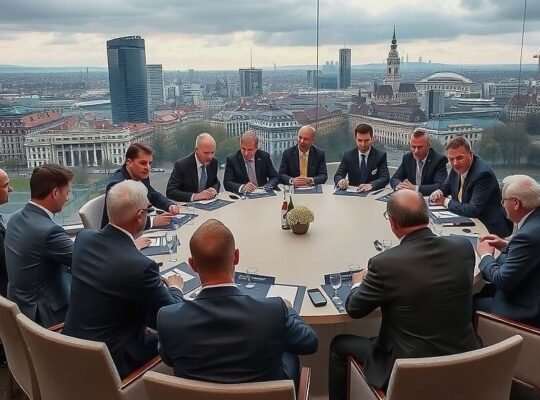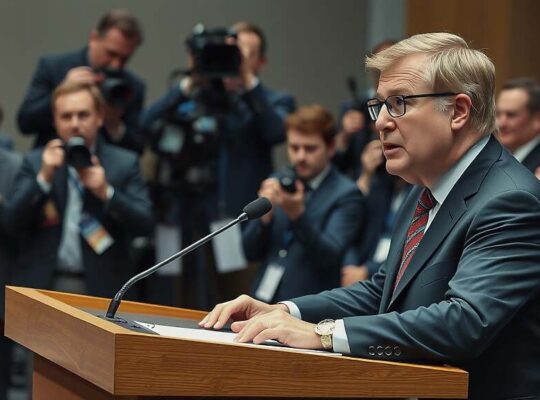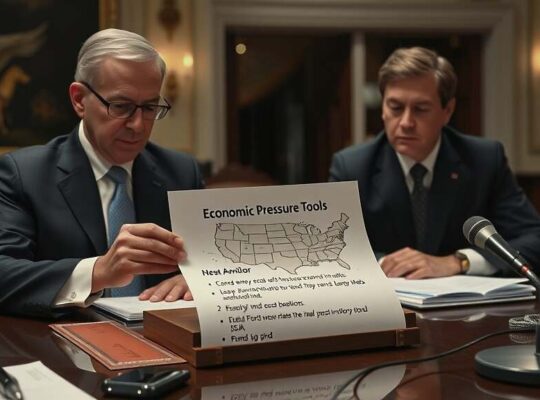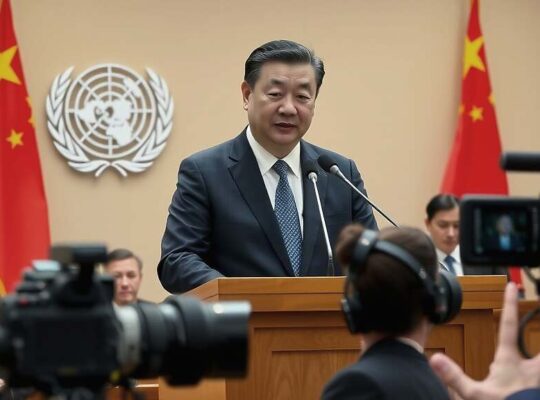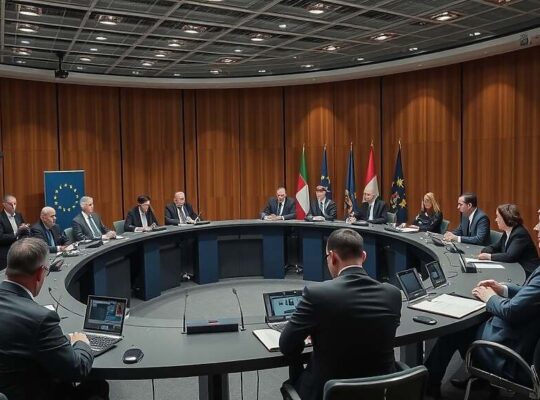Sources within the European Union indicate a potentially significant shift in the bloc’s approach to China, with German Chancellor Friedrich Merz and French President Emmanuel Macron poised to spearhead discussions regarding stricter sanctions during the upcoming EU summit in Brussels. According to reports in “Handelsblatt”, Germany and France, in conjunction with the European Commission, are proposing the activation of the EU’s relatively new “Instrument for Addressing Coercive Measures” a legal framework designed to counter economic blackmail.
The move signals a growing concern within the EU regarding Beijing’s leveraging of critical resource access as a pressure tactic. “Handelsblatt” previously reported in June that Chinese officials have been employing restricted access to key raw materials as a bargaining chip, particularly in efforts to secure European high-end machinery intended for advanced semiconductor manufacturing. The proposed activation of the Instrument would allow the EU Commission to threaten and potentially implement, extensive economic penalties against China.
Diplomatic sources suggest the initial action would be a demonstration of strength – a “tool box opening” – rather than immediate punitive measures. Potential retaliatory actions under consideration include the imposition of tariffs, exclusion from European public procurement markets and the introduction of special levies targeting Chinese businesses operating within the EU.
While the Instrument provides a legal mechanism for response, its successful implementation hinges on securing a majority vote from EU member states. The proposal triggers a crucial debate on the balance between economic engagement and the defense of European strategic interests. Critics within the EU are likely to voice concerns about potential repercussions for European businesses heavily reliant on the Chinese market, while proponents argue that failing to address Beijing’s coercive tactics risks undermining the integrity of the EU’s trade relationships and strategic autonomy. The coming discussions will be closely watched as a test of the EU’s resolve in confronting what is increasingly perceived as economic pressure from Beijing.


